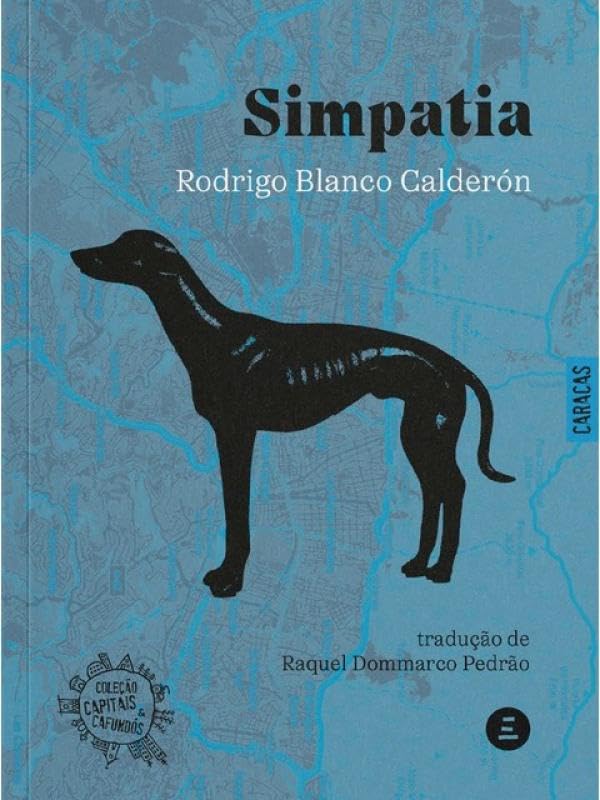What do you think?
Rate this book


Paperback
First published January 1, 2020
‘In this realistic allegory set in Caracas during Nicolás Maduro’s dictatorship, we meet Ulises, a former orphan who is desperate for a sense of purpose and belonging. His wife has just announced by text message that she is leaving him and his father-in-law has willed him Los Argonautas, a house of accumulating secrets and mythologies. Much like that of Jason of the Argonauts, Ulises’ inheritance is contingent on the completion of a task: to transform the house into a veterinary clinic and kennel for the stray dogs left behind by the elites who have fled the city. Within the madness and austerity of political corruption and historical revisioning, Ulises devotes himself to one of the saner choices left to him: complete the task by saving the dogs, with the help of his Medea-like lover, Nadine, and the leftover animal rescue and house staff. In doing so he simultaneously creates a chosen family and a practice of care that is a stronger balm for the heart than sympathy.’
The Apocalypse is nigh. Sadly, I won’t be here to see it. It’s your task to build the ark and put your woman and your animals there and hold for 40 days.